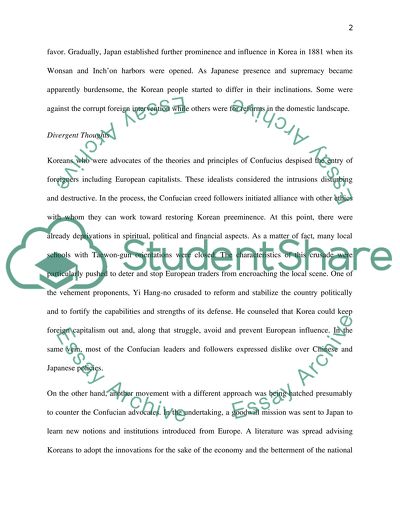Cite this document
(n.d.)
Retrieved from https://studentshare.org/miscellaneous/1558127-east-asia-20th-century-korean-history
Retrieved from https://studentshare.org/miscellaneous/1558127-east-asia-20th-century-korean-history
()
https://studentshare.org/miscellaneous/1558127-east-asia-20th-century-korean-history.
https://studentshare.org/miscellaneous/1558127-east-asia-20th-century-korean-history.
n.d. https://studentshare.org/miscellaneous/1558127-east-asia-20th-century-korean-history.


